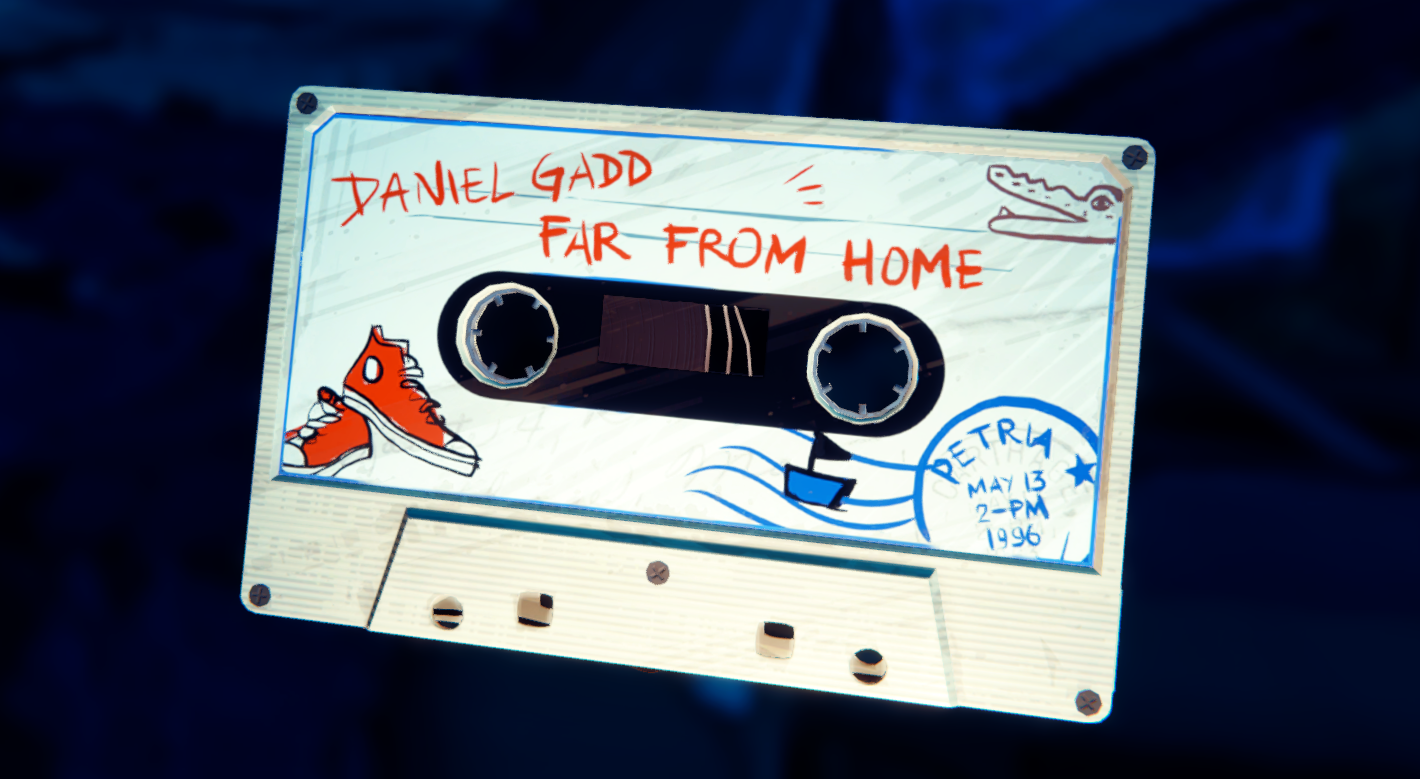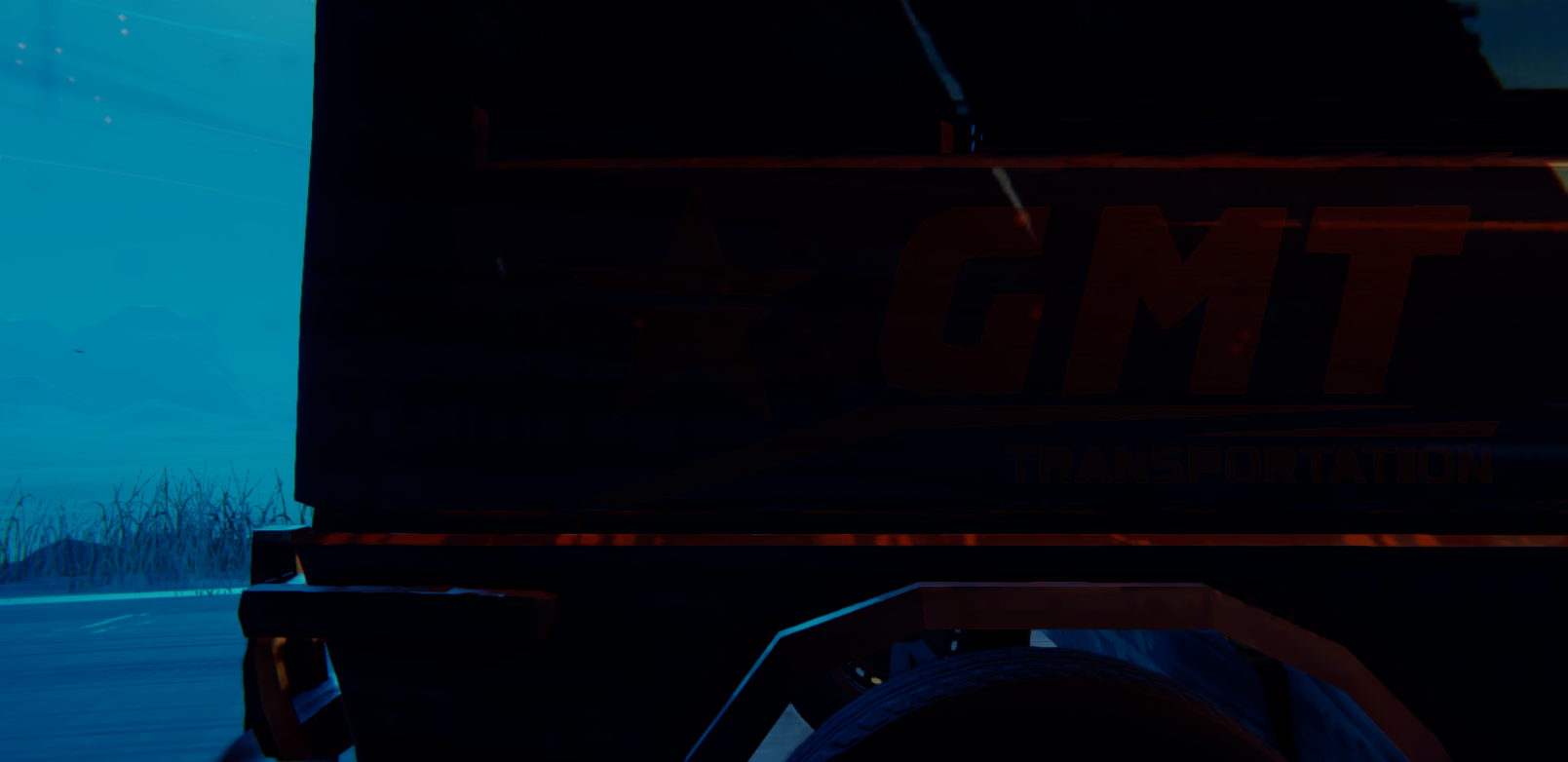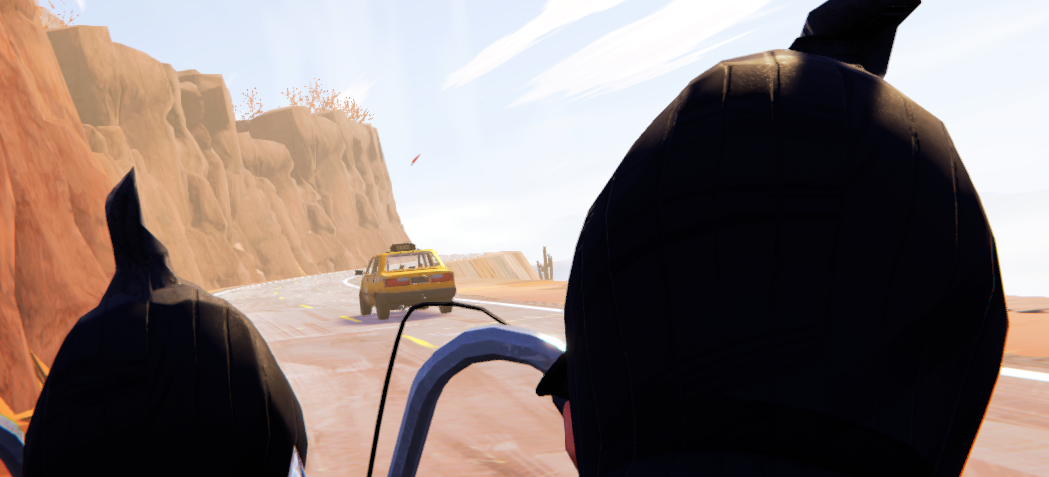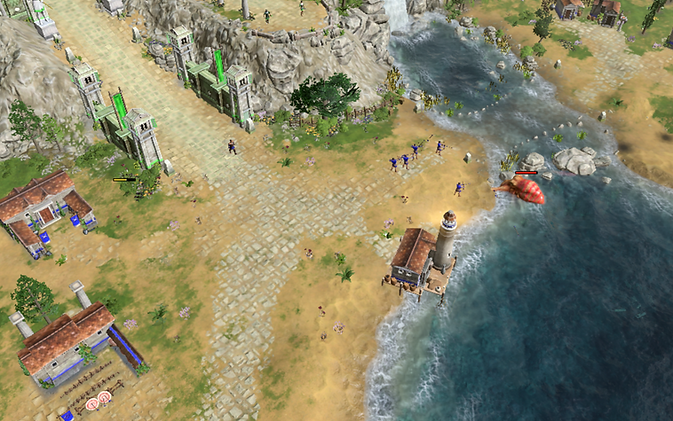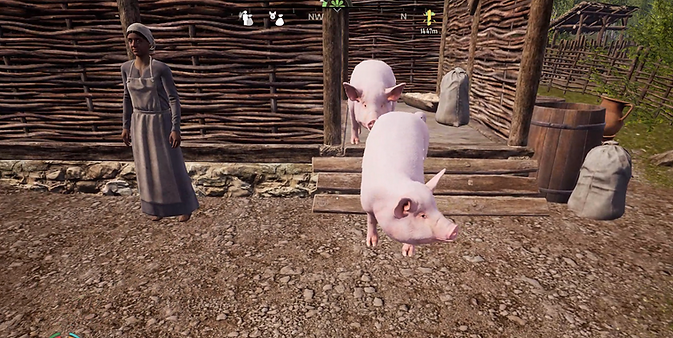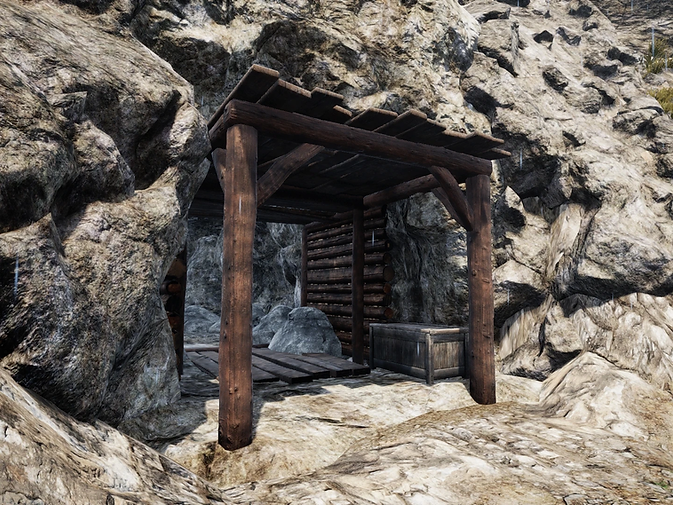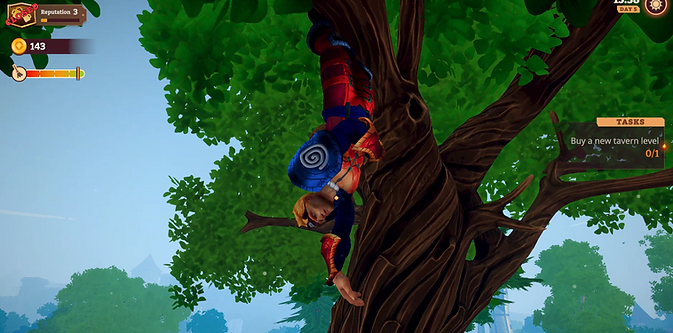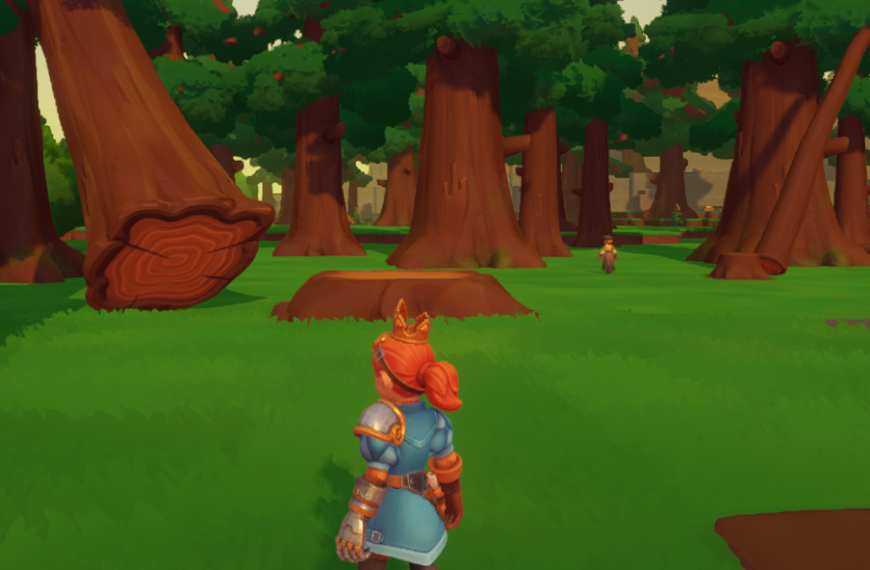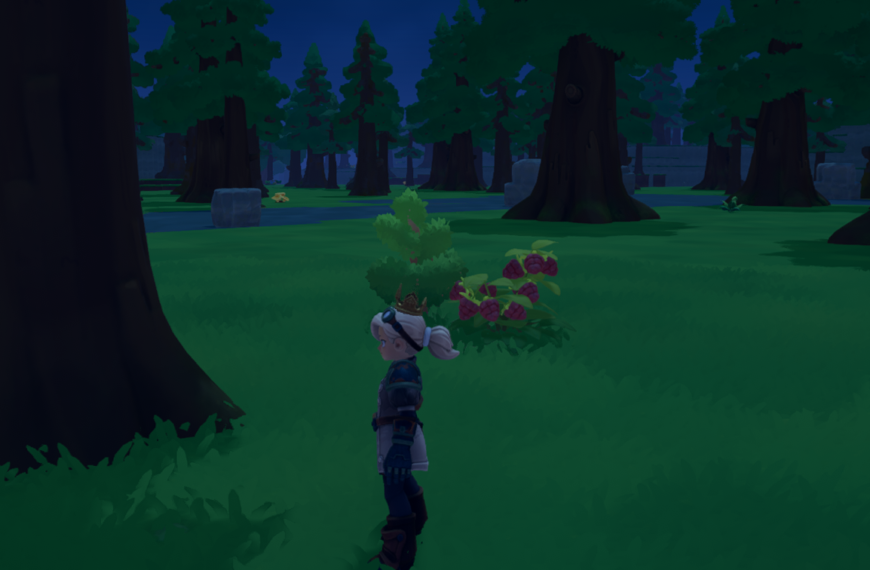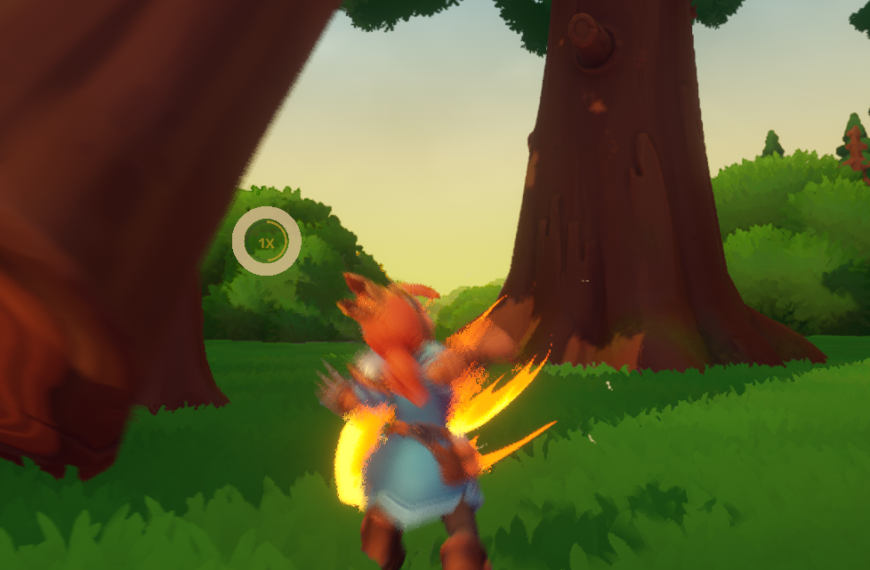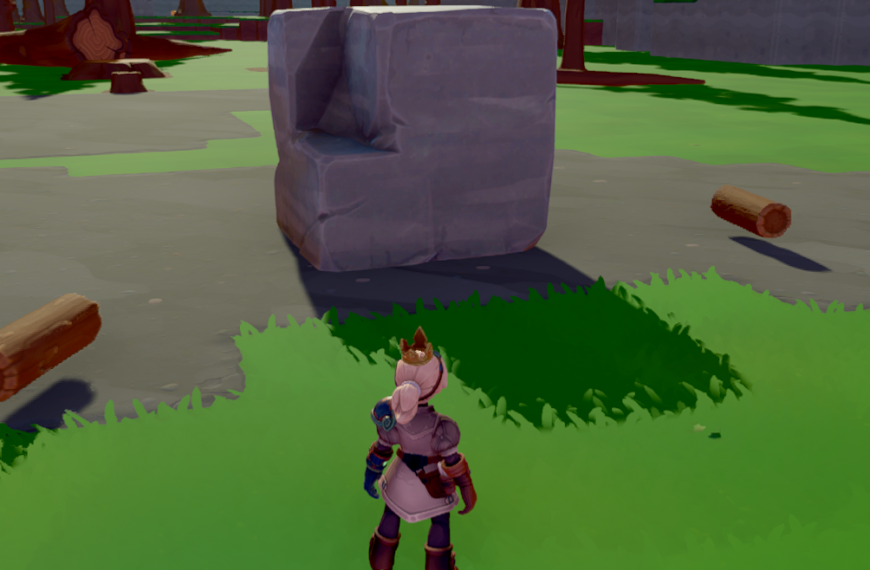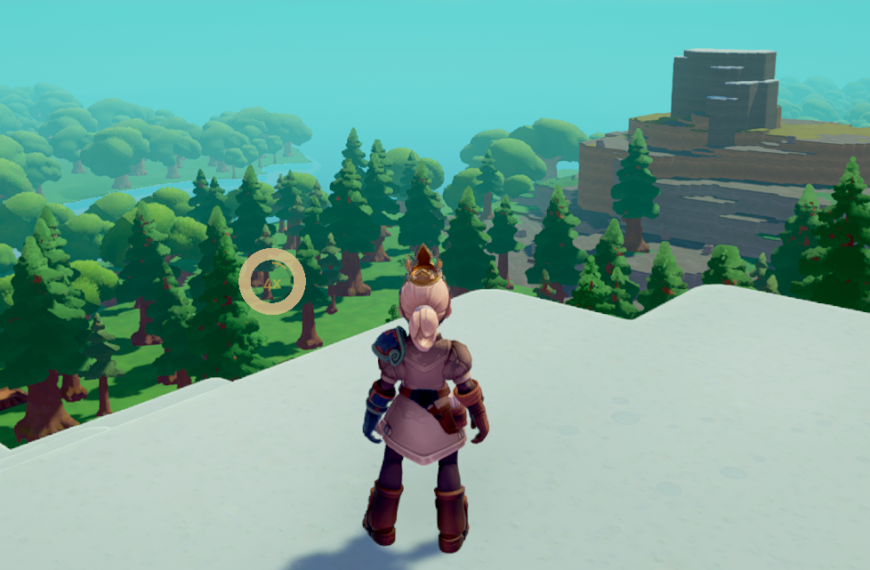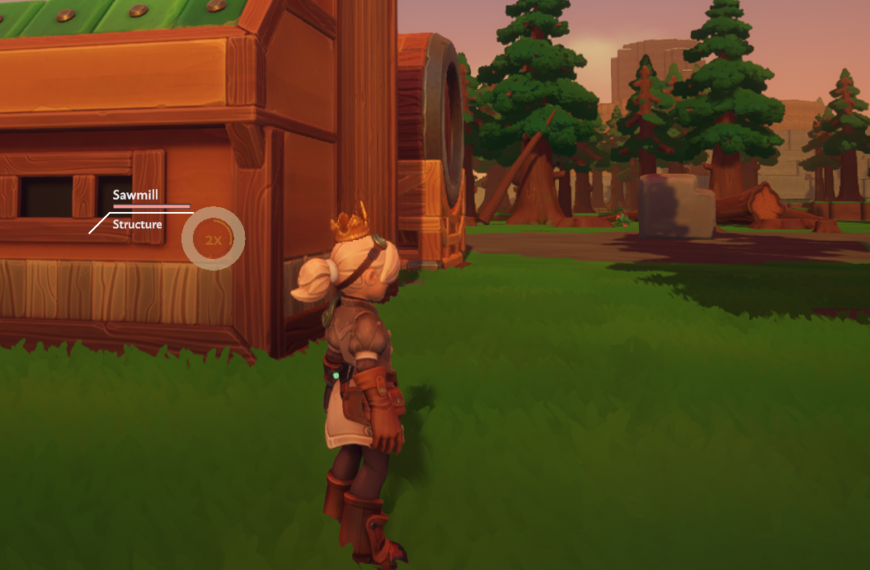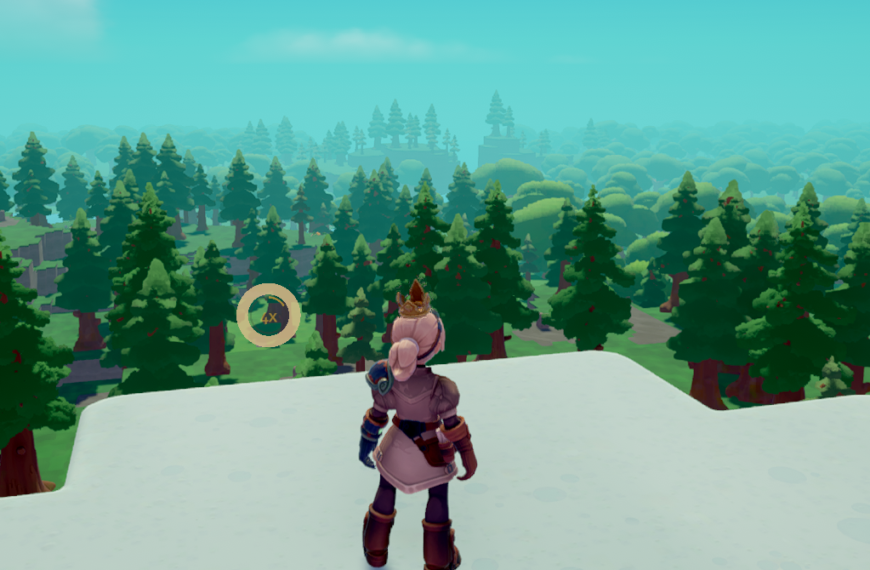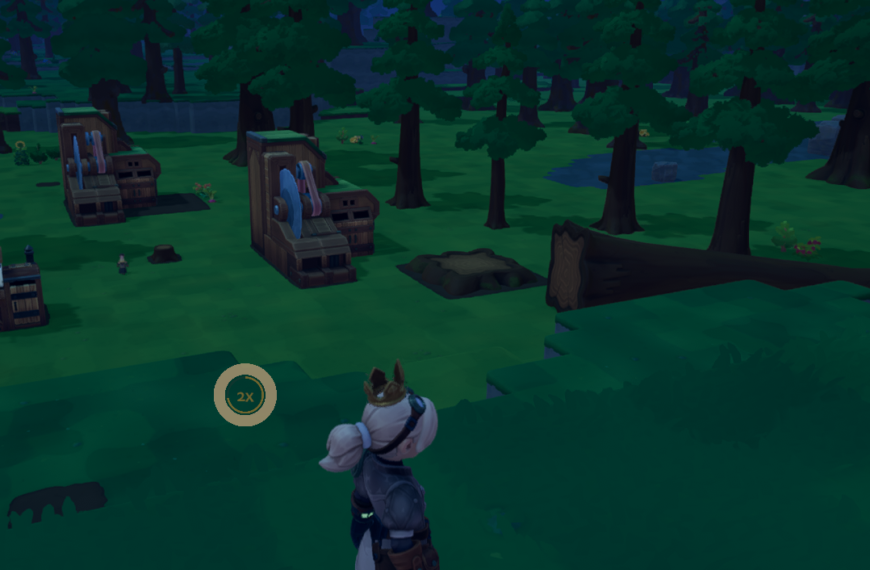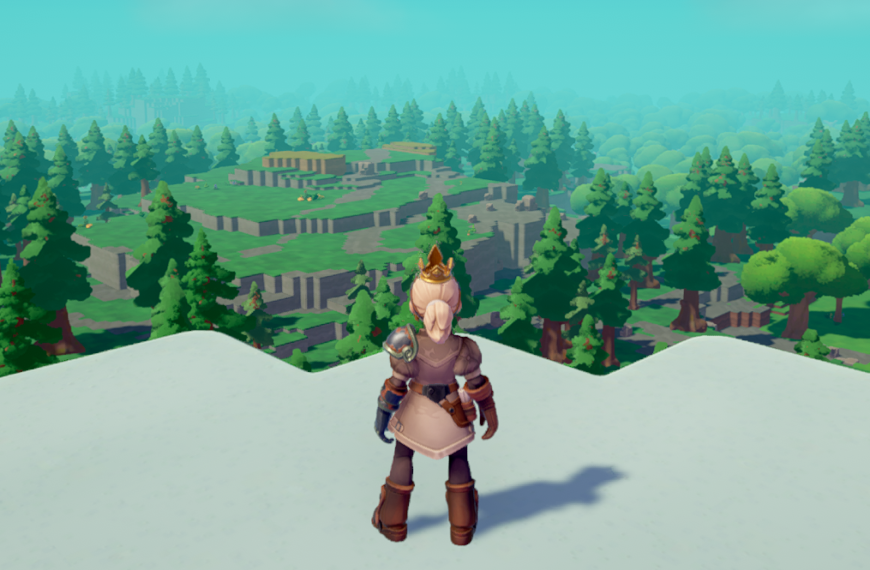An Emotional Rollercoaster: The Journey to Save Zoe
When I first booted up Road 96, I thought I’d be hopping into just another video game. You know, the usual mix of exploration and storytelling. But as I played, it quickly became obvious that this wasn’t just an adventure; it was a profound journey wrapped up in the quest to save Zoe. The choices I was making weren’t just numbers on a screen; they held real weight – and I wasn’t prepared for the emotional ride I’d be subjected to.
Now, let’s face it, I stumbled a lot. I mean, who doesn’t? My initial attempts at navigating the game’s choices felt like trying to swim in molasses. There were times I’d come across Zoe, desperate and in trouble, and I’d fumble through my options, hoping each choice would lead me closer to a happy ending for her. Spoiler alert: sometimes, it didn’t. The first couple of times I met her, she ended up worse off than before. Talk about frustration! My heart sank every time I realized I had made the wrong choice, as I just wanted to scream, “I’m trying to save you!”
Understanding the Importance of Choices
This is where the game really struck me. Each decision I made was intertwined with the lives of other characters, weaving a complex tapestry of narratives. Before diving deeper into the story, I had to understand that every character, including Zoe, had their motives and dreams. The more I played, the more I recognized that my choices had consequences. I learned to approach each decision with care and thoughtfulness, knowing that a moment’s hesitation could change the course of Zoe’s fate—and, honestly, my emotional state.
An important tip I picked up along the way is the value of observing the characters and their interactions. It took me several playthroughs to realize that the rhythm of the game mimicked life. Characters react in ways you’d expect people to react—fear, hope, disappointment. I found that by being open to the emotional storytelling, my decisions were informed by an understanding of the characters’ emotional landscapes. If Zoe was scared, pressed for options, or outright hopeless, I started to seize on those cues. It was like stepping into a psychiatrist’s shoes for a bit (without the degree, of course).
Building Relationships for Support
Another critical aspect of the game is the relationships built along the way. From the quirky hitchhiker to the cryptic cab driver, every character offered a piece of insight that could change how I approached saving Zoe. I learned I couldn’t just focus solely on her; I had to cultivate connections. Every character I met added layers of experience that, when woven together, unveiled pathways I hadn’t discovered before.
One particular character, known only as the “Mysterious Stranger,” left me bewildered. The first time I encountered him, I brushed him off because, well, he seemed suspicious. Regrettably, I gathered no information from him and quickly opted to move on. Later, though, I found myself in a tough spot, desperately needing intel about Zoe’s whereabouts. In retrospect, I realized that I could’ve gained valuable knowledge and possibly saved her with the right conversation. So, my advice? Don’t underestimate anyone. Build relationships. Every character has something to offer, even if it feels irrelevant at first.
Embracing Setbacks and Perseverance
Throughout my journey, setbacks were my constant companions. I had moments where I thought I had a solid plan, only to see it crumble into absolute chaos. There were playthroughs where my decisions led me to dead ends, leaving me feeling defeated and wondering if I should just give up on saving Zoe altogether.
But isn’t that just how life works sometimes? It was in those moments of crisis that I learned the true meaning of perseverance. After every setback, I’d restart, armed with fresh knowledge and sometimes even a new strategy. I gambled with my decisions, rolled the dice, and slowly started to figure things out. It was through trial and error that I began to see patterns—the nuances behind the narrative choices and how they connected.
To anyone serious about saving Zoe or finding success in the game, don’t get discouraged. Each failed attempt is an opportunity to learn, adapt, and try again. One close friend once told me, “If you’re not failing, you’re not pushing your limits.” And I started to embrace that notion throughout my journey.
The Final Push: Creating the Best Outcome
As I approached the end of Road 96, I realized it was less about reaching the destination and more about how I got there. I started reflecting on all those times I almost lost hope in saving Zoe but decided to keep going. Each character I helped or failed to help shaped my experience, adding to the richness of the game’s narrative. By understanding the intricate layers that constituted my choices, I began to craft a final strategy that wouldn’t just save Zoe but would also create a positive ripple effect for all the characters involved.
Looking at the array of choices, I started prioritizing those moments where I could direct aid to Zoe when she needed it most. It was as if I’d become a seasoned navigator, steering my ship away from turbulent waters towards calmer seas. With patience and understanding, I could finally see a light at the end of the tunnel.
In the end, I became more than just a player; I was someone who saw the transformative power of choices. Learning how to save Zoe in Road 96 wasn’t just a challenge; it became a metaphor for life itself. The lessons I took away about empathy, relationships, and resilience were invaluable. So, if you’re out there trying to find a way to save Zoe, remember: it takes heart, patience, and a willingness to learn from every single choice. You got this!
